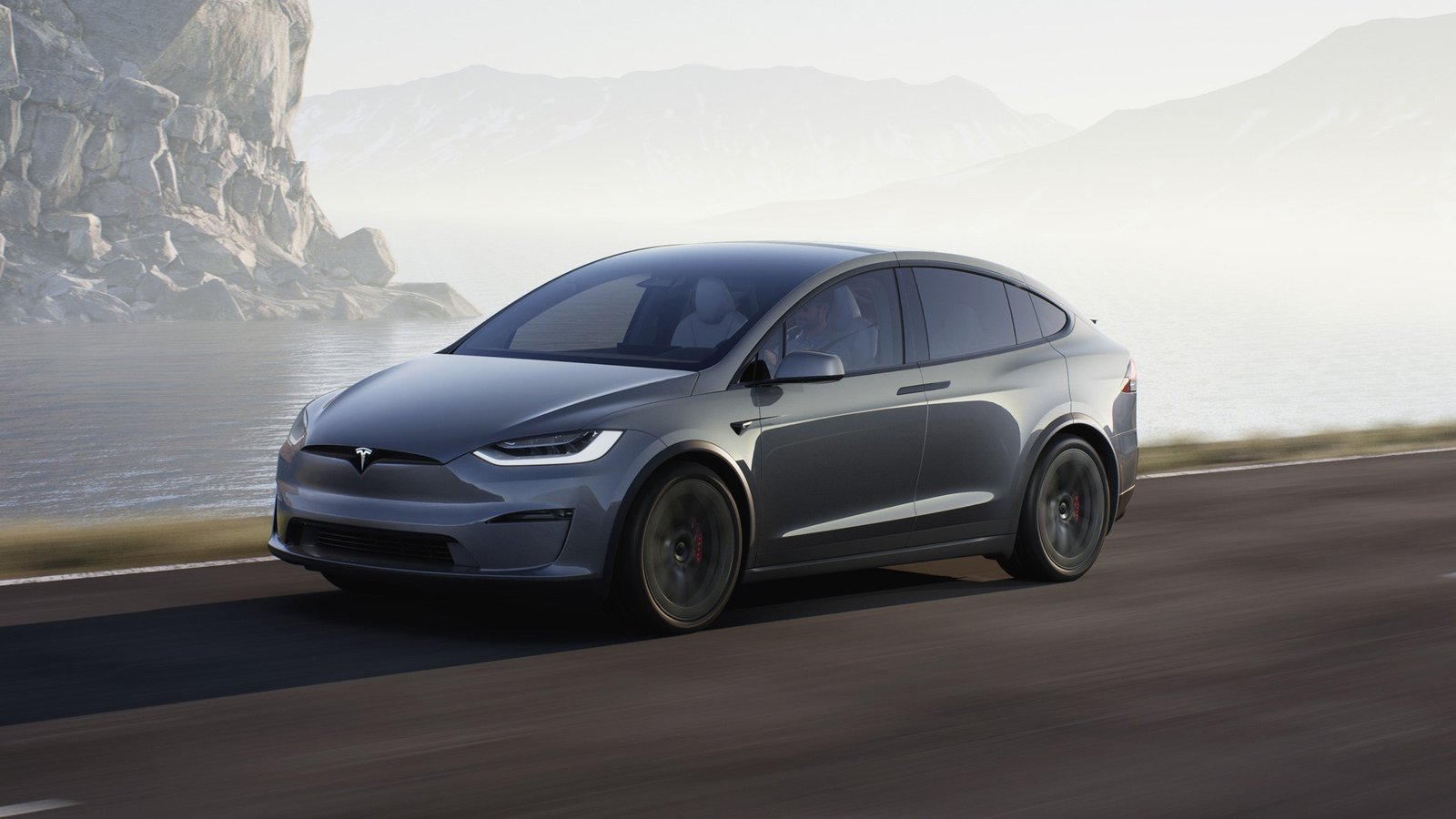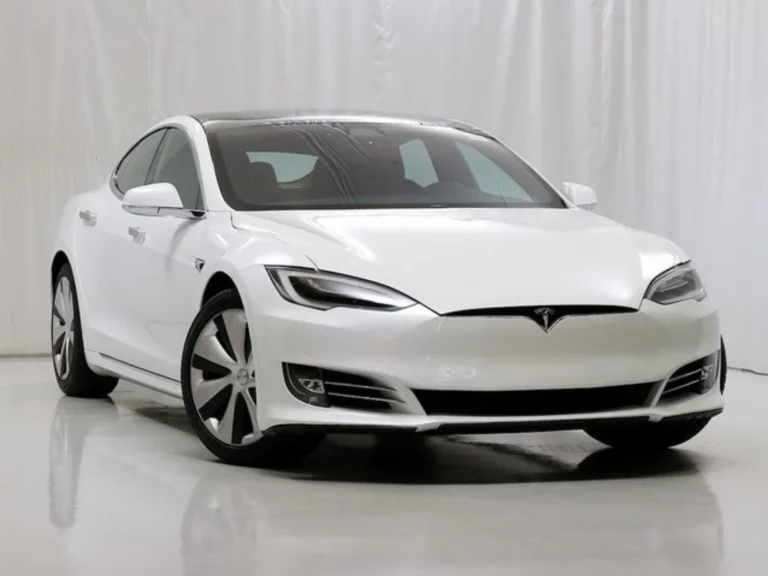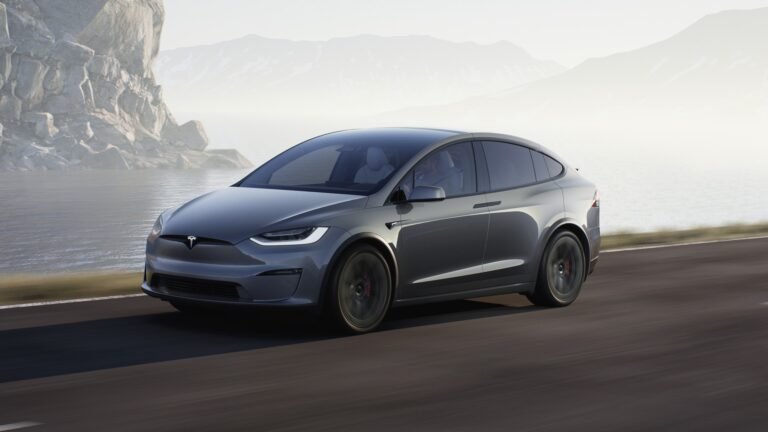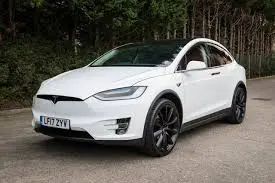Tesla, Inc. has emerged as a groundbreaking force in the automotive industry, known for its innovation in electric vehicles (EVs) and clean energy solutions. Founded in 2003 by Martin Eberhard and Marc Tarpenning, and later joined by Elon Musk, Tesla has quickly become synonymous with cutting-edge technology and sustainable transportation. In this article, we’ll explore the features, innovations, and impact of Tesla cars, highlighting why the company continues to lead the charge in the EV revolution.
1. Tesla Vehicles: A Diverse Lineup
Tesla offers a diverse lineup of electric vehicles, catering to a wide range of consumer needs and preferences. The company’s models include:
- Tesla Model S: A luxury sedan known for its impressive performance and long range. The Model S offers cutting-edge technology, including an advanced autopilot system, a minimalist interior with a large touchscreen interface, and over-the-air software updates.
- Tesla Model 3: A more affordable sedan that has become one of the best-selling electric cars globally. It combines a lower price point with impressive range, fast acceleration, and a user-friendly interior.
- Tesla Model X: An electric SUV with distinctive falcon-wing doors and ample space. The Model X provides high performance, advanced safety features, and a luxurious interior.
- Tesla Model Y: A compact SUV that shares many components with the Model 3. It offers a versatile interior, good range, and strong performance, making it a popular choice for families.
- Tesla Cybertruck: An all-electric pickup truck with a futuristic design and durable exoskeleton. The Cybertruck promises impressive off-road capability and high towing capacity.
- Tesla Roadster: The upcoming sports car that aims to be the fastest production car in the world. It will offer extreme performance and range, continuing Tesla’s tradition of pushing the boundaries of electric vehicle technology.
2. Cutting-Edge Technology
Tesla is renowned for its innovation, particularly in the realm of electric vehicle technology. Some of the key technological advancements include:
- Autopilot and Full Self-Driving (FSD): Tesla’s Autopilot system is an advanced driver assistance feature that includes automatic lane-keeping, adaptive cruise control, and more. The company is also developing Full Self-Driving (FSD) capabilities, which aim to enable fully autonomous driving. While still under development, FSD represents Tesla’s vision of a future where cars can drive themselves with minimal human intervention.
- Over-the-Air (OTA) Updates: Tesla vehicles benefit from regular over-the-air updates that continuously improve the car’s performance, features, and user experience. This system allows Tesla to add new features and make improvements without requiring a visit to the dealership.
- Advanced Battery Technology: Tesla’s battery technology is a key factor in its success. The company’s battery packs offer impressive range and efficiency, thanks to innovations in energy density and thermal management. Tesla is also working on advancements like the 4680 battery cells, which promise to further enhance performance and reduce costs.
- Supercharger Network: Tesla has built a proprietary Supercharger network of fast-charging stations strategically located around the world. This network enables Tesla owners to quickly charge their vehicles, making long-distance travel more convenient. The Supercharger network is continually expanding, further supporting the growth of electric vehicle adoption.
3. Sustainability and Clean Energy
Tesla’s mission extends beyond electric vehicles; the company is also committed to advancing sustainable energy solutions. Tesla’s clean energy products include:
- Solar Panels and Solar Roof: Tesla offers solar panels and the Solar Roof, which integrates solar cells into roofing materials. These products help homeowners generate renewable energy and reduce their dependence on fossil fuels.
- Powerwall and Powerpack: The Powerwall and Powerpack are energy storage solutions designed for residential and commercial use. These devices store energy generated from solar panels or the grid, providing backup power during outages and helping to manage energy consumption more effectively.
- Gigafactories: Tesla operates several Gigafactories around the world, dedicated to producing batteries, electric vehicles, and energy storage products. These facilities are designed to scale production and reduce costs, supporting Tesla’s goal of accelerating the transition to sustainable energy.
4. Design Philosophy and User Experience
Tesla vehicles are known for their minimalist design and user-friendly interfaces. The company’s design philosophy emphasizes simplicity, with clean lines and an uncluttered interior. The Tesla Model S and Model 3 feature large touchscreen displays that control most of the car’s functions, reducing the need for physical buttons and switches.
The user interface is intuitive and continually updated through software updates, ensuring that the experience remains fresh and modern. Tesla’s focus on technology extends to the driving experience, with features like one-pedal driving and autonomous parking enhancing convenience and safety.
5. Impact on the Automotive Industry
Tesla’s impact on the automotive industry has been profound. The company has accelerated the adoption of electric vehicles and has forced traditional automakers to invest heavily in EV technology. Tesla’s success has demonstrated that electric cars can be both desirable and practical, helping to shift public perception and drive broader acceptance of sustainable transportation.
The company’s innovations in battery technology, autonomous driving, and clean energy solutions have set new benchmarks for the industry. Tesla’s approach to vertical integration, where the company controls much of its supply chain and production processes, has also influenced how other automakers approach vehicle development and manufacturing.
6. Challenges and Future Outlook
Despite its success, Tesla faces several challenges. These include production scaling issues, regulatory scrutiny, and increasing competition from other automakers entering the EV market. The company must navigate these challenges while continuing to innovate and meet the growing demand for electric vehicles.
Looking ahead, Tesla’s future includes expanding its vehicle lineup, enhancing its autonomous driving capabilities, and continuing to advance its clean energy solutions. The company’s commitment to sustainability and technological innovation positions it as a leader in the transition to a cleaner, more efficient future.
Conclusion
Tesla, Inc. has revolutionized the automotive industry with its innovative approach to electric vehicles and clean energy solutions. From the impressive range and performance of its vehicles to its commitment to sustainability and advanced technology, Tesla continues to set new standards and drive the future of transportation. As the company evolves and expands its offerings, it remains at the forefront of the electric vehicle revolution, shaping the future of mobility and energy.





